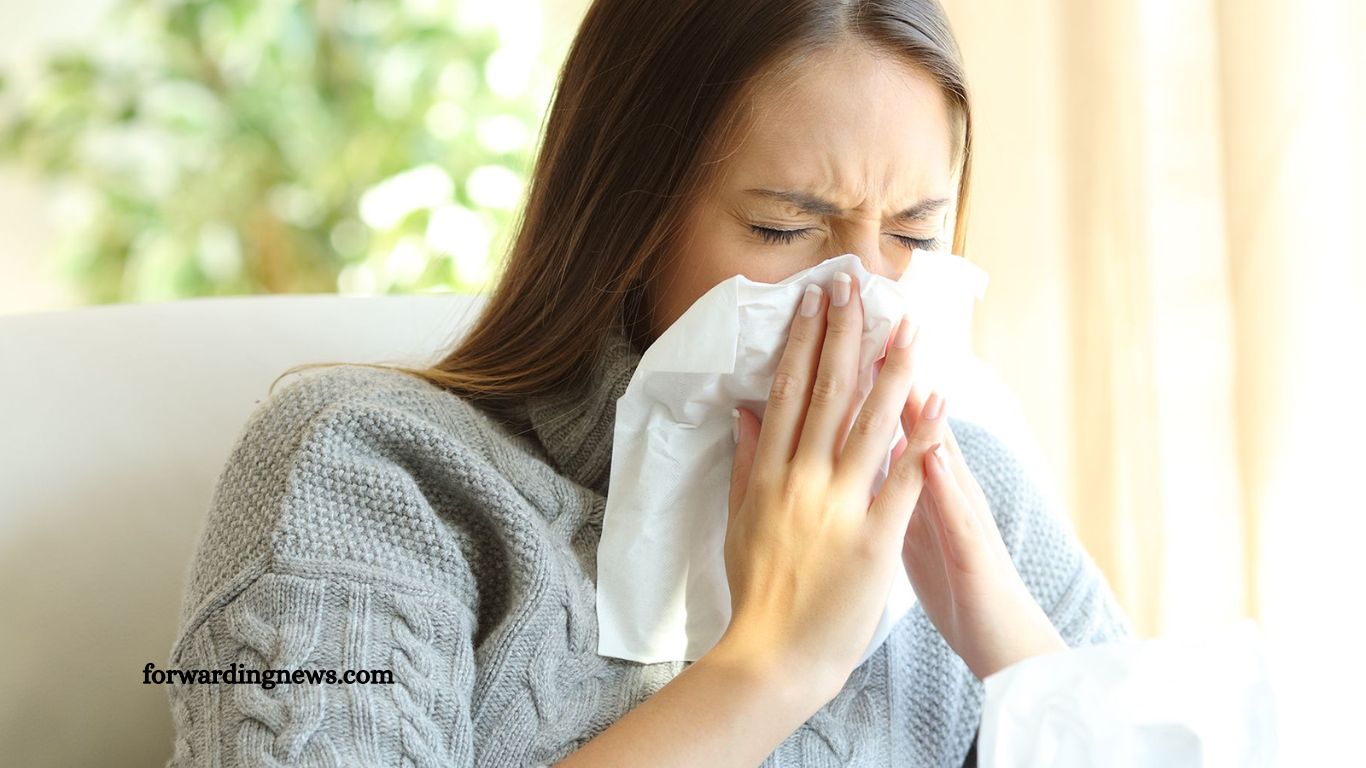The most effective way to prevent allergic reactions is to identify your specific triggers—such as certain foods, medications, or environmental factors—and avoid them whenever possible. Always carry epinephrine if prescribed, and be prepared to act quickly in case of an emergency. Allergic reactions occur when the immune system mistakenly identifies a harmless substance as a threat and produces antibodies to fight it. This overreaction can result in symptoms ranging from mild to severe.
While most allergic responses are not life-threatening, they can cause considerable discomfort. Common symptoms include sneezing, watery or itchy eyes, and a runny nose. Understanding how your body reacts and taking proactive measures can significantly reduce your risk and help you stay safe and comfortable.
Read More: [12+]Warm and Cozy Dinner Recipes
How to Avoid Severe Allergic Reactions
The most effective way to prevent a serious allergic reaction is to avoid known triggers. While complete avoidance can be challenging, especially with food or environmental allergens, there are practical steps you can take based on your specific allergy.
Common Severe Allergies
Severe allergic reactions most often result from:
- Insect bites and stings
- Certain foods
- Medications
Insect Sting Allergies
For those allergic to insect venom, outdoor settings can be risky. To reduce your chances of being stung:
- Avoid scented perfumes, lotions, and deodorants
- Wear shoes outdoors
- Don’t drink from open cans, where insects may hide
- Avoid bright or floral clothing
- Keep food covered when eating outside
Medication Allergies
Always inform your doctor and pharmacist about any known drug allergies. If you’re allergic to medications like penicillin or contrast dyes used in imaging, your healthcare provider may suggest alternatives or pre-treatment with corticosteroids or antihistamines. Common culprits include:
- Penicillin and related antibiotics
- Contrast dyes
- Anticonvulsants
- Sulfa drugs
Food Allergies
Avoiding food allergens can be complex, especially outside your home. Follow these tips:
- Ask detailed questions when dining out
- Read ingredient labels carefully
- Inform hosts of your allergies in advance
Common allergenic foods include:
- Milk
- Eggs
- Soy
- Wheat
- Fish and shellfish
- Peanuts and tree nuts
Cross-contamination is also a major concern, so take extra precautions when eating processed or prepared foods.
Understanding Anaphylaxis
Anaphylaxis is a severe, life-threatening allergic reaction that can occur rapidly. It affects multiple systems in the body and may cause:
- Swelling of the face or tongue
- Difficulty breathing
- Low blood pressure or shock
- Vomiting, diarrhea, or chest pain
- Heart palpitations
- Slurred speech or loss of consciousness
Risk Factors
You may be at higher risk of anaphylaxis if you have:
- A history of severe allergic reactions
- Asthma or other allergies
- A family history of anaphylaxis
Staying Prepared
Even with precautions, accidental exposure can happen. Here’s how to stay ready:
- Carry an epinephrine auto-injector at all times
- Educate friends, family, and coworkers on your allergies and emergency protocol
- Wear a medical ID bracelet
- Avoid being alone outdoors if you have severe insect allergies
- Keep emergency contacts and 911 readily accessible
Frequently Asked Questions
What are the most common allergy triggers?
Common allergy triggers include certain foods (like peanuts, milk, eggs, and shellfish), insect stings, medications (e.g., penicillin), pollen, dust mites, pet dander, and mold.
How can I avoid allergic reactions when eating out?
Inform your server about your allergies, ask detailed questions about ingredients and preparation, and don’t hesitate to request substitutions. When possible, choose restaurants known for accommodating food allergies.
What should I do if I have a medication allergy?
Always inform your doctor and pharmacist about any drug allergies. Wear a medical alert bracelet, and ask about alternative medications. In some cases, pre-medication with antihistamines or steroids may be necessary before taking a required drug.
How can I prevent insect sting reactions?
Avoid wearing bright or floral clothing, scented products, and open-toed shoes outdoors. Keep food and drinks covered, and stay away from known nesting areas.
What is anaphylaxis and how do I recognize it?
Anaphylaxis is a severe, potentially life-threatening allergic reaction. Symptoms may include difficulty breathing, swelling, hives, low blood pressure, vomiting, or loss of consciousness. It requires immediate treatment with epinephrine and emergency medical care.
Should I always carry epinephrine?
Yes, if you’ve been prescribed an epinephrine auto-injector, carry it at all times. Prompt use can be life-saving during an allergic reaction.
Conclusion
Living with allergies requires vigilance, but with the right knowledge and preparation, you can significantly reduce your risk of severe reactions. The smartest way to stay safe is to know your specific triggers, avoid them whenever possible, and be prepared for emergencies.
Always carry your prescribed medications, communicate your allergies clearly to others, and take proactive steps to minimize exposure—whether at home, work, school, or outdoors. By staying infor

